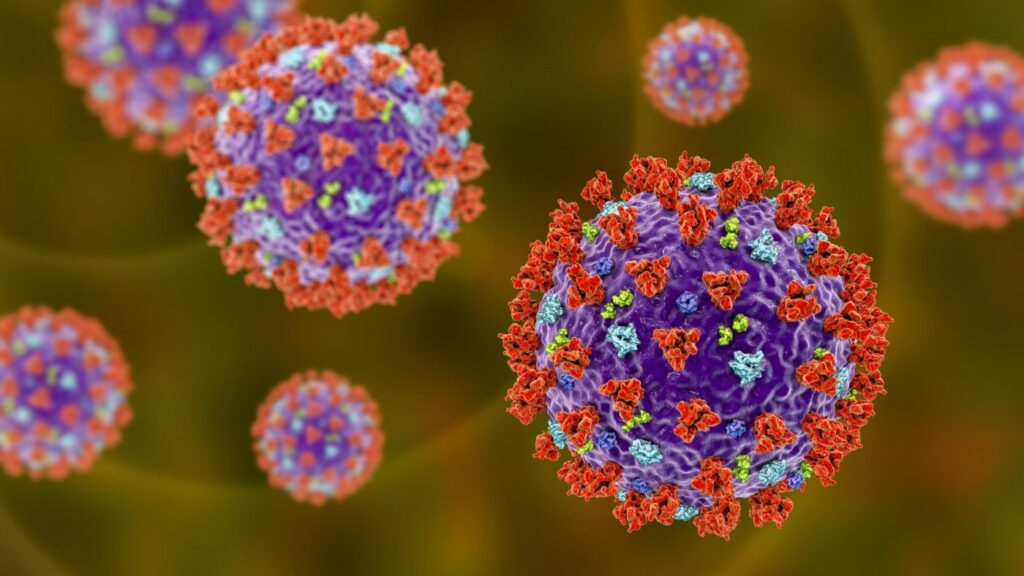A systematic review and meta-analysis confirms links between infection with viruses such as SARS-CoV-2, influenza, hepatitis C, and Herpes zoster with cardiovascular disease and events such as heart attack and stroke.
“It is well recognized that human papillomavirus (HPV), hepatitis B virus, and other viruses can cause cancer; however, the link between viral infections and other non-communicable diseases, such as cardiovascular disease, is less well understood,” said Kosuke Kawai, ScD, lead investigator of the study and adjunct associate professor at the David Geffen School of Medicine at the University of California, Los Angeles, in a press statement.
“Our study found acute and chronic viral infections are linked to both short- and long-term risks of cardiovascular disease, including strokes and heart attacks.”
As reported in the Journal of the American Heart Association, Kawai and co-authors carried out a systematic review and meta-analysis of 155 studies looking at links between viral infections and cardiovascular disease.
The majority of the studies included (105) were cohort studies, followed by case–control studies (31) carried out in North America. Most of the studies evaluated one viral infection, but a few evaluated multiple viral infections. The majority adjusted for key confounding factors such as age, sex, and traditional cardiovascular risk factors.
The results clearly confirmed a link between heart disease and viral infections although some viral infections appeared to increase the risk more than others. For example, chronic HIV infection was associated with a 60% higher risk of heart disease and a 45% higher risk of stroke compared to those without HIV. Heart failure risk was also increased by around 90% compared with uninfected individuals.
Acute SARS-CoV-2, COVID-19, infection also increased cardiovascular risk significantly raising the risk of heart disease by about 74% and stroke by about 69%. In the first 14 weeks after infection, the risk for heart attack and stroke was 3-3.5 times in people with COVID infection versus uninfected individuals. There was less information about the impact of influenza on cardiovascular risk, but some studies showed an up-to-fourfold increased risk of heart attack and stroke in the first month after infection with the virus.
Hepatitis C infection did increase the risk of cardiovascular disease as well, but to a lesser degree. People with this infection were at 27% and 23% increased risk of coronary heart disease and stroke, respectively, compared with uninfected individuals.
Herpes zoster virus, which causes shingles, was linked to a 12% and 18% increased risk for coronary heart disease and stroke, respectively, with risks continuing for 10 years after infection.
There was insufficient evidence to make conclusions about the impact of other viruses such as cytomegalovirus on cardiovascular risk in this study, but the researchers note that other studies have also suggested hepatitis A virus, herpes simplex virus type 1, respiratory syncytial virus, human papillomavirus, dengue, and chikungunya can all increase cardiovascular risk post infection.
“Preventive measures against viral infections, including vaccination, may reduce the risk of major cardiovascular events and enhanced efforts are required to increase the uptake of vaccines globally,” conclude the authors.

